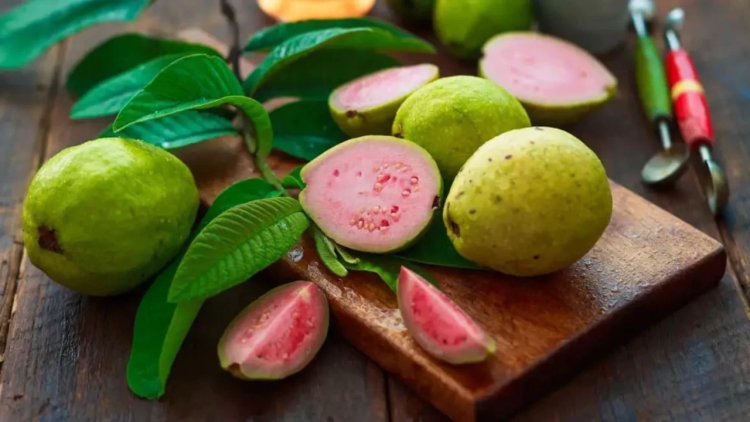NEW DELHI:Guava is a tropical fruit that grows in dry or humid heat. Both the fleshy fruit of the guava plant and the leaves are edible, with the fruit most often eaten as a snack and the leaves commonly boiled into an herbal tea.
The texture of guavas is similar to pears but with a little more crunch. They have a sweet, tropical flavor that instantly takes your taste buds on an island vacation. But hidden inside this sweet snack are a number of health benefits. Here are just a few of the benefits of eating this tropical fruit.
Improve digestion
One of the key nutrients found in guava is fiber. Fiber has been shown to help with digestion by both solidifying and softening stool. This can ease the symptoms of both diarrhea and constipation.
Studies also show that guava leaf extract can help reduce the intensity and duration of diarrhea. People with certain digestive disorders, including irritable bowel syndrome, may benefit from adding guava to their diet.
Relieve painful periods
Women who have painful menstrual cramps may want to give the guava leaf a try. One study found that guava leaf extract was more effective than painkillers at dealing with menstrual cramps.
Improve your immune system
Guava is bursting with vitamin C, which is critical for maintaining immune health. Studies show that vitamin C can reduce the length of a cold's duration and fight bacteria.
Diarrhea treatment
Scientists have studied the traditional use of guava leaf tea as a diarrhea treatment and found substantial evidence in its favor.
Lowering blood sugar
The polyphenols in guava leaf tea have been shown to regulate the absorption of carbohydrates from food. This effect is especially beneficial to some people with diabetes. Drinking guava leaf tea after meals can help suppress blood sugar spikes and has not shown to interact negatively with medications people with diabetes may be taking.
Antimicrobial effects
Several lab studies of various guava leaf extracts, including guava leaf tea, have demonstrated antibacterial and antifungal properties. There are several compounds in the leaves that may contribute to these properties including flavonoids, tannins, and acids (gallic and betulinic).
- Tags:


0 Comments:
Comments